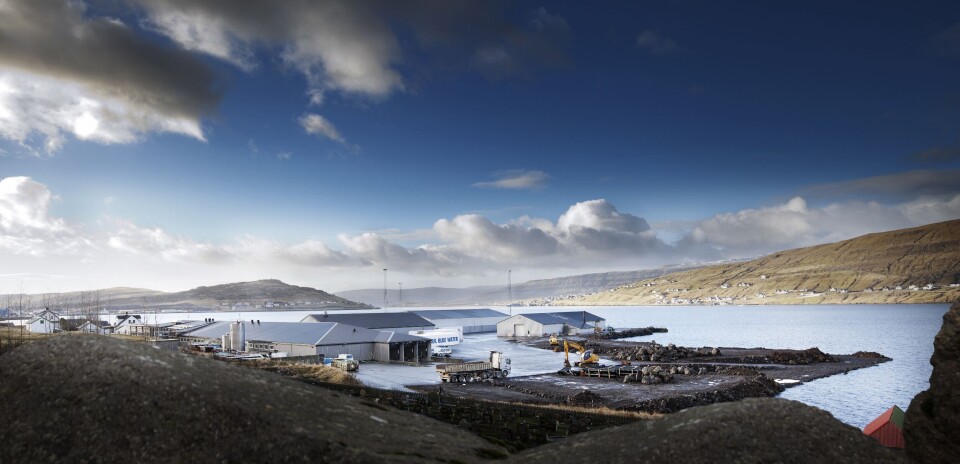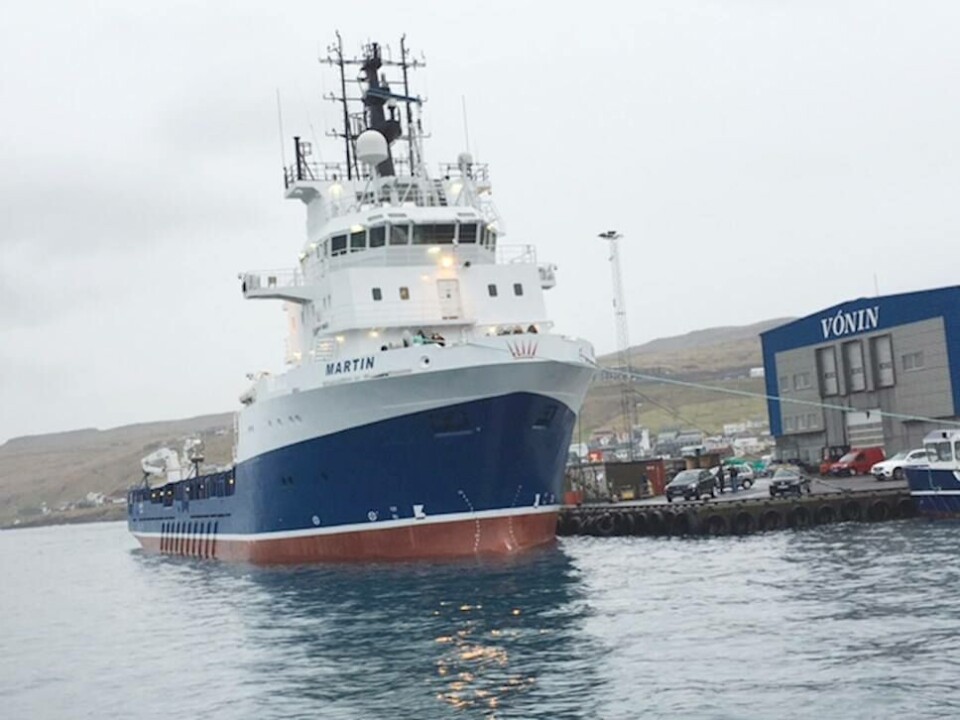
Bakkafrost warns of biological risks
Bakkafrost directors described 2016 as “a good year” as the Faroese salmon producer reported record annual profits after tax of DKK 1339 million (£158 million), but warned that biological risks remain a concern.
Chairman Runi Hansen said: “The salmon industry experienced nearly unprecedented price levels in 2016. The salmon price reached heights not seen since the 1980s due to the growing demand for salmon in the global market and the decreased global supply of salmon in 2016. Bakkafrost had a good year in 2016 with record high financial results.”
A statement from Bakkafrost’s board of directors noted: “Bakkfrost harvested lower volumes in 2016 than in 2015, but delivered a record high financial result in 2016. The salmon market experienced significant increase in the salmon prices in 2016, compared to 2015.
“The Value Added Processing (VAP) segment sells on long term contracts and in an environment where spot prices increase rapidly, thus the VAP segment struggled, as the prices in the long-term contracts have a time lag, compared with the spot price for fresh salmon.
High margins
“The Farming segment experienced record high margins, and the fishmeal, oil and feed (FOF) segment had a very good year in 2016. The Farming segment harvested 47,542 tgw in 2016, compared with 50,565 tgw in 2015. This corresponds to a decrease of 6 per cent. The harvest in the Farming segment is dependent on available farming sites with fish at the aimed harvest weight. The biological situation has been stable in 2016, although there was a suspicion of ISA at one of our farming sites in July 2016. The suspicion arose after a routine surveillance test at the site. Mortality was not higher, and no factors indicated an ISA outbreak at the farming site.”

Biological risk
Looking ahead to the prospects for the farming sector, the directors said: “The estimates for harvesting volumes and smolt releases are dependent on biological development. The investments in producing larger smolts will gradually reduce the time needed in the fjords to farm the salmon. This is expected to reduce biological risk and increase the capacity.
“The new Faroese regulations on sea lice control in salmon farming are expected to increase the operational costs for farming salmon in the Faroe Islands. Bakkafrost focuses on using non-chemical methods in treatments against sea lice. Bakkafrost’s live fish carrier M/S Hans á Bakka has carried out fresh water treatment against sea lice since Q4 2015. In Q4 2016, Bakkafrost invested in a service vessel, M/S Martin, which will primarily use warm sea water treatment against sea lice.
Furthermore, Bakkafrost will increase the use of lumpfish in farming significantly in 2017.”
The full report can be found here.






















































